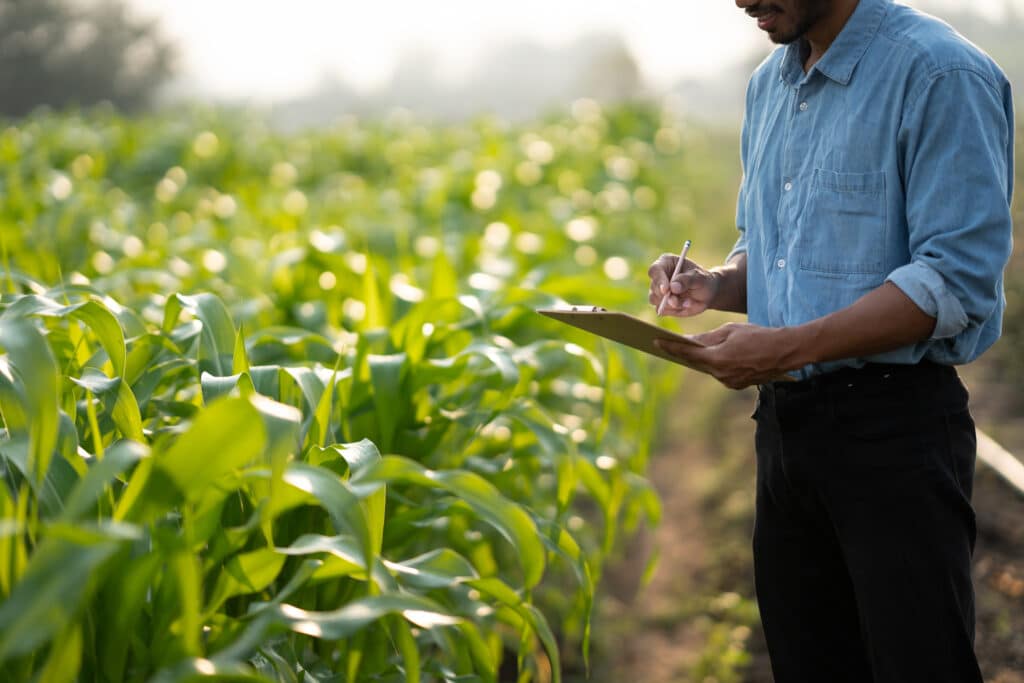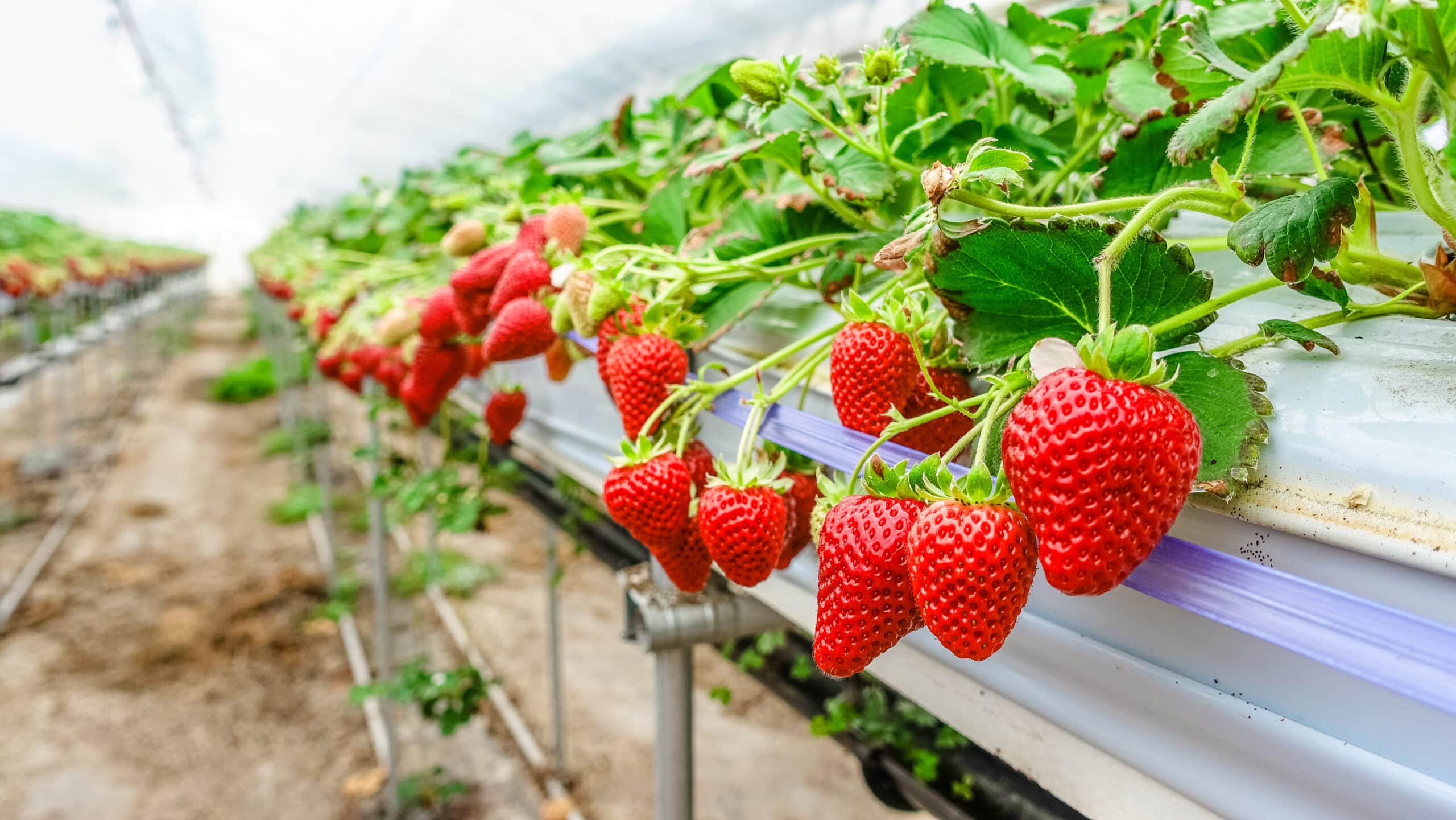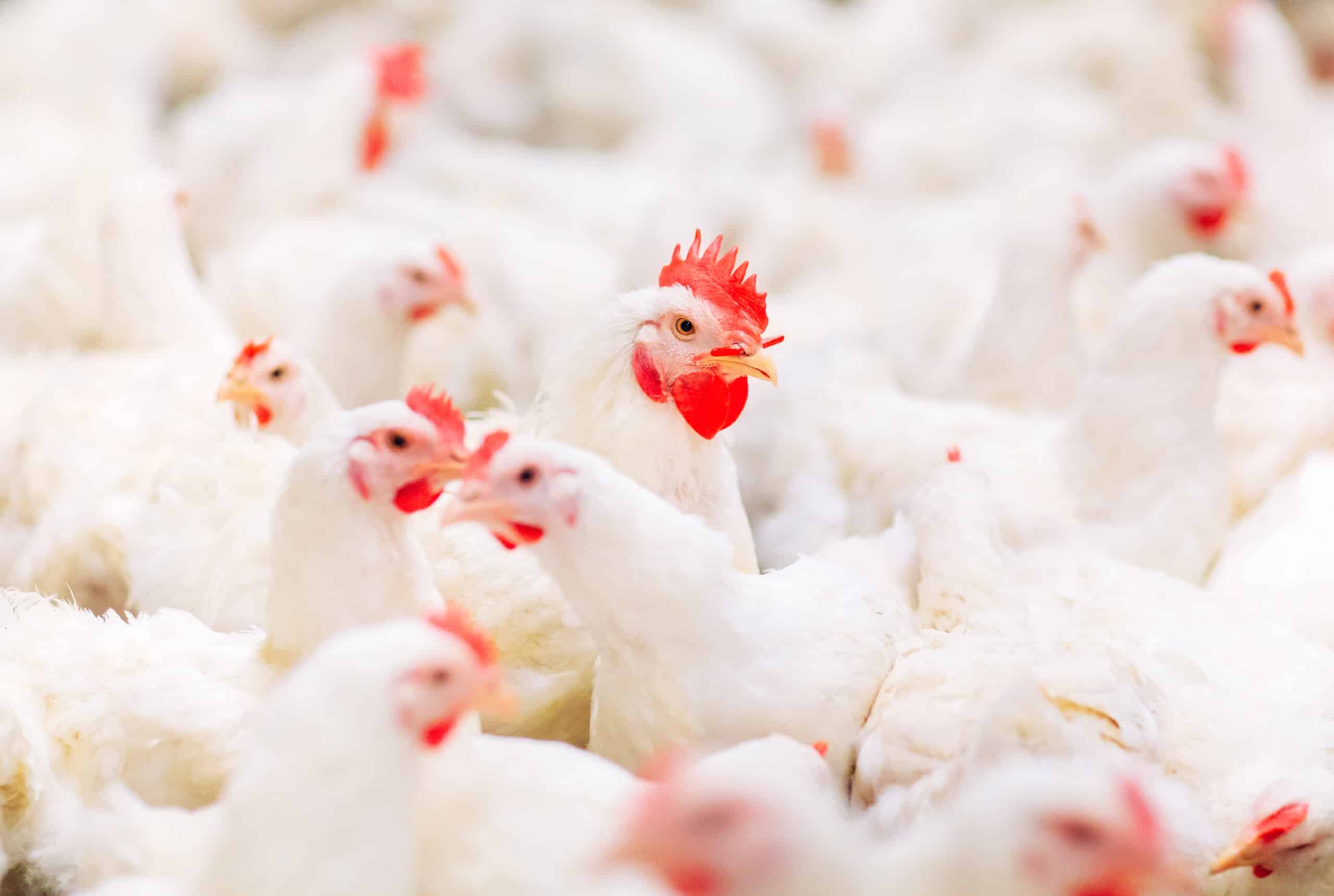The Polish poultry market has experienced sustained growth in recent years, surpassing both France and Germany to become Europe’s largest producer and exporter of poultry products. Polish poultry products are primarily exported to other EU member states, but also find markets in Africa and Asia. This has established Poland as a global hub for poultry exports and makes it an essential case study for those seeking insights into the global poultry market.
However, the long-term sustainability of Poland’s poultry industry and it’s future market trajectory are subject to debate. Many economic, ecological, and societal factors have the potential to impact the Polish poultry market and its future prospects. Naturally, understanding these challenges and trends is essential for those considering investing in Polish poultry.
Current market state
Since 2011, Polish poultry production has risen by 112%. In 2022, this figure amounted to 2.98 million tonnes of produce – an impressive 8.2% rise on the previous year. The Polish poultry market is predicted to rise by another 1.5% in 2023, with more than half of this product being exported to other countries.
Interestingly, forecasts for the overall poultry industry are less promising. Poland’s poultry output in 2022 came despite an overall 1% decline in production EU-wide. According to the European Commission, a further 0.4% decline is predicted for 2023 as the recent poultry boom appears to be slowing.
What caused the poultry boom?
Poultry consumption has been consistently rising. In the past decade, EU poultry consumption per capita rose from 23.4 kg to 24.1 kg (+3%). The growing popularity of poultry stems from a healthier and more sustainable image compared to beef and pig meat. Chicken also has the smallest carbon footprint of the major animal proteins, requiring less farmland and less use of natural resources and water consumption.
Advancements in feed efficiency, animal healthcare, and meat yield have made poultry a cost-effective option for consumers compared to other types of meat. The poultry market also benefits from having no religious constraints regarding its consumption. The fact that poultry is easy to prepare further underscores its popularity as a preferred protein source.
What challenges does the industry face?
Several economic and environmental issues are causing the poultry industry to stagnate. The most pressing concern for the industry is rising input costs for feed, distribution, and labour. The energy crisis has caused farm energy costs to rise by as much as 79%. Meanwhile, the ongoing Ukrainian conflict has drastically reduced the supply (and increased the cost) of wheat and maize, which are key ingredients for chicken feed. The combination of high input costs, lowering supply, and overall inflation has caused a ripple effect on pricing, making poultry less affordable for consumers.
The alarming spread of high pathogenicity avian influenza (HPAI) also poses a major threat to the industry. HPAI has seriously hindered European poultry production and exports, with governments imposing stringent trade restrictions in affected areas. Poultry production in France, Italy, and Hungary have been hit particularly hard, falling by as much as 11% in 2022. Hundreds of outbreaks have been reported in Poland since 2020, however the impact on international sales has been minimal, as exporting has continued from regions unaffected by the outbreaks. During the height of Poland’s HPAI outbreak in 2021, farmers were able to rebuild their breeding stock far faster than forecasted, which could indicate some resilience to any further outbreaks.
Polish poultry‘s unique circumstances
Domestically, the Polish poultry industry has been boosted by a shift in consumer preferences towards white meat over red meat, due to its nutritional value and perceived health benefits. Domestic sales have also been bolstered by the influx of 1.6 million refugees from neighbouring Ukraine. However, there are questions over the Polish poultry industry’s commitment to sustainable and ethical poultry production. Domestic spending on organic food is comparatively low due to underdeveloped organic food markets and higher prices.
In foreign markets, there is growing concern over the rise of new competition. Demand for Ukrainian chicken meat grew by 60 percent in response to temporary EU free-trade measures aimed at supporting Ukraine. The influx of cheap Ukrainian chicken and eggs has lowered wholesale prices and reduced the overall profitability of Polish produce, and this trend looks set to continue for the foreseeable future. Furthermore, Poland’s exports are being hampered by higher production costs due to EU regulations and sustainability initiatives. This has led to higher prices, which has allowed Brazil to capture some of the EU’s market share in poultry exports, particularly in Asia and Africa.
Navigate complex markets with Farrelly Mitchell
In spite of its challenges, the polish poultry industry appears resilient and adaptable and is strongly positioned in both domestic and foreign markets. However, this standing is not guaranteed. Factors such as fluctuating input costs, domestic sustainability concerns, regulatory challenges, geopolitical developments, international trade dynamics, and global health threats along with competition from countries like Ukraine and Brazil, are likely to influence the industry’s future.
Given these complex variables, informed decision-making is crucial for investors and stakeholders. At Farrelly Mitchell, our food and agribusiness consultants provide valuable insights and recommendations to investors. We offer specialised commercial support, including market analytics, feasibility studies, and due diligence. Our tailored approach brings clarity to complex markets and provides actionable insights on investment targets. If you are looking to expand your operations, improve your market position, or enter new markets, contact our team today.














